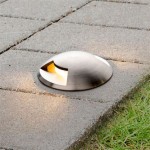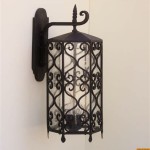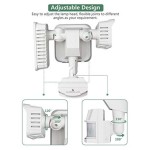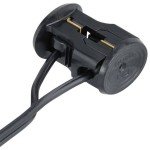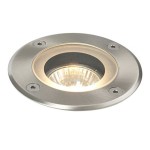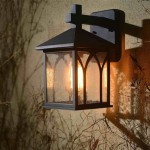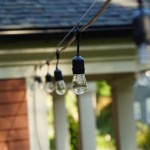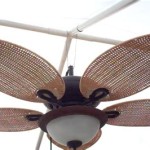Essential Aspects of Residential Outdoor Lighting Laws
Enlightening your outdoor space can significantly enhance its aesthetic appeal and safety. However, it is crucial to abide by residential outdoor lighting laws to avoid potential conflicts with neighbors and legal repercussions. Here are some essential aspects to consider:
Light Pollution Laws
Many municipalities have enacted light pollution laws to prevent excessive illumination from affecting nearby properties. These laws typically regulate the intensity, direction, and timing of outdoor lighting. Ensure your fixtures comply with local standards to minimize light spillover into neighboring areas.
Upward Lighting Restrictions
Upward-directed lighting can create significant light pollution and disrupt the night sky. Some laws prohibit or restrict the use of fixtures that emit light above a certain angle. Check local ordinances to determine the allowable angles for upward lighting.
Neighborhood Covenants
In addition to municipal regulations, homeowners' associations (HOAs) may have specific covenants regarding outdoor lighting. These covenants often limit the number, location, height, and brightness of fixtures. Familiarize yourself with any HOA rules before installing outdoor lighting to avoid potential violations.
Glare and Spillover Control
Outdoor lighting should be designed to minimize glare and spillover onto neighboring properties. Use fixtures with shielded bulbs or diffusers to direct light downward and prevent excessive brightness from encroaching on neighboring areas.
Light Color and Temperature
The color and temperature of your outdoor lighting can significantly impact its impact on the surroundings. Warmer colors, such as amber or yellow, can be more pleasant for residential areas, while cooler colors, such as blue or white, may be more appropriate for commercial or industrial settings. Check local ordinances for any restrictions on light color or temperature.
Curfew and Time Restrictions
Some municipalities impose curfews or time restrictions on outdoor lighting to reduce light pollution during certain hours. Ensure your lighting fixtures are equipped with timers or motion sensors to automatically turn off or dim during designated curfew hours.
Enforcement and Penalties
Violating residential outdoor lighting laws can result in fines, penalties, or even legal action. Municipalities typically have enforcement mechanisms in place to ensure compliance. Educate yourself about the local ordinances and take necessary steps to comply to avoid potential legal consequences.

Five Principles For Responsible Outdoor Lighting Darksky International

10 8 9 Residential Outdoor Lighting Regulations
:max_bytes(150000):strip_icc()/Nec-outdoor-electrical-wiring-tips-1152274_final-a9a958a3849f46b4b1ba64b15623eeea.png?strip=all)
National Electrical Code Nec Rules For Outdoor Wiring

10 8 9 Residential Outdoor Lighting Regulations

Nyc Gets More Serious About Light Pollution
New Lighting Ordinance Aims To Reduce Light Pollution

Responsible Outdoor Lighting Darksky International

Outdoor Lighting Standards Planning Development

10 8 9 Residential Outdoor Lighting Regulations

The Definitive Guide To Best Outdoor Ground Lights 2024 Edition
Related Posts
